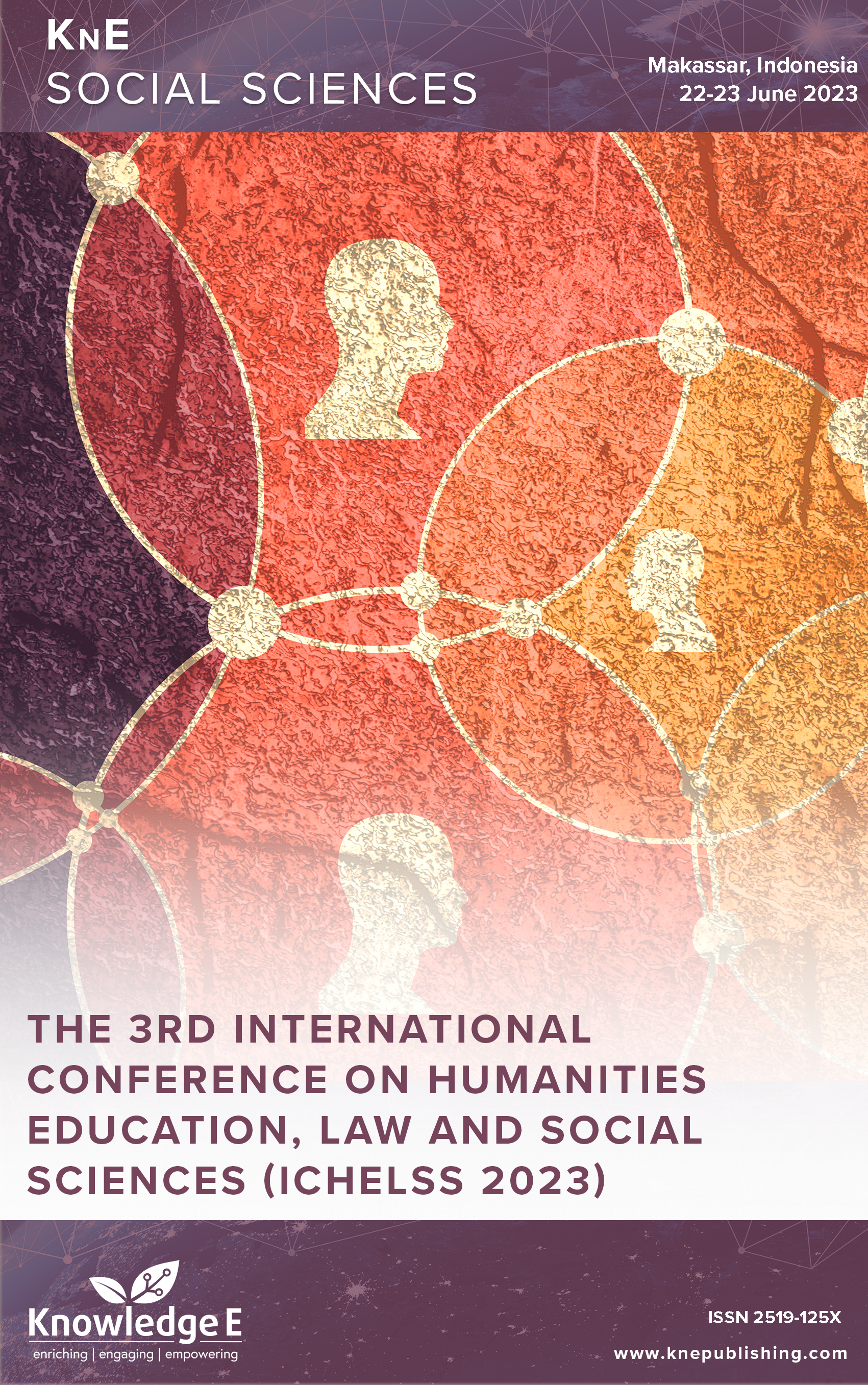The Rise of Conservative Islam in the Indonesian Political Constellation
DOI:
https://doi.org/10.18502/kss.v9i2.14839Abstract
Pancasila as the basis of the state has an important position in the social order of the nation and state. Pancasila, which was extracted from the values and local wisdom of the archipelago, was agreed upon by the founders of the nation as a sentence that binds various ethnic groups, religions, races, and between groups who claim to be Indonesian citizens. However, with the development of science and the emergence of a war of thought, Pancasila is currently starting to receive a serious challenge from conservative Islamic groups who doubt and even reject the existence of Pancasila as the state ideology. They consider that Pancasila has failed to become an inspiration for the government in realizing the welfare of the people, so that as a country with a Muslim majority, Indonesia should implement Islamic law. In the midst of the shock of conservative Islam, there is also an attitude of hypernationalism that both claim to be Pancasila People. In the name of Pancasila, they reject the involvement of foreign companies, capital, and workers in managing state assets. On the other hand, in the name of maintaining Pancasila as the state ideology, there are often actions taken by the government that are considered severe against conservative Islamic groups which further is assumed to endanger the sovereignty of the state.
Keywords: Pancasila, conservative Islam, hypernationalism
References
Hamdani Z, Rahman MT. Rationalism in Harun Nasution’s epistemology of Islamic law. Focus (Madison). 2022;3(1):12–21. DOI: https://doi.org/10.26593/focus.v3i1.5823
Alam AS, Rafiudin R, Sonjaya A. Comparison of Nurcholis Madjid and A. Hasyim Muzadi’s thoughts on renewal in Indonesia. IInternational Journal of Islamic Khazanah. 2020;10(1):1–10. DOI: https://doi.org/10.15575/ijik.v10i1.8416
Boutz J, Benninger H, Lancaster A. Exploiting the prophet’s authority: How Islamic State propaganda uses hadith quotation to assert legitimacy. Stud Conflict Terrorism. 2019;42(11):972–996. DOI: https://doi.org/10.1080/1057610X.2018.1431363
Saat N, Ibrahim A, Rahman NA. Reaching for the Crescent: Aspirations of Singapore Islamic studies graduates and the challenges. ISEAS-Yusof Ishak Institute; 2021.
Bourchier DM. Two decades of ideological contestation in Indonesia: From democratic cosmopolitanism to religious nationalism. Journal of Contemporary Asia. 2019;49(5):713–733. DOI: https://doi.org/10.1080/00472336.2019.1590620
Nevo G. “Then the Conscience of Humanity Arose”: Kishon and the Nations of the World. European Journal of Jewish Studies. 2021;15(2):335–363. DOI: https://doi.org/10.1163/1872471X-bja10026
Philpott S, Morgan N. Contexts. Understanding conflict imaginaries: Provocations from Colombia and Indonesia. Springer; 2022. pp. 27–72. DOI: https://doi.org/10.1007/978-3-031-03976-8_2
Van Bruinessen M. Contemporary developments in Indonesian Islam: Explaining the conservative Turn. Institute of Southeast Asian Studies; 2013. DOI: https://doi.org/10.1355/9789814414579
Kuntowijoyo. Metodologi sejarah. Yogyakarta: Tiara Wacana; 2003.
Madung OG, Mere WS. Constructing modern Indonesia based on Pancasila in dialogue with the political concepts underlying the idea of human rights. JSEAHR. 2021;5(1):1. DOI: https://doi.org/10.19184/jseahr.v5i1.20258
Zaprulkhan. Islam yang Santun dan Ramah, Toleran dan Menyejukkan. Jakarta: Quanta; 2017.
Munabari F, Larasati NU, Ihsan R, Nurhadiyanto L. Islamic revivalism in Indonesia: The caliphate, sharia, NKRI, democracy, and the nation-state. Journal of Politics. 2020;5(2):11. DOI: https://doi.org/10.7454/jp.v5i2.263
Tim Detikcom. Survei SMRC: Pendukung PKS-Anies Condong Percaya Negara Kriminalisasi Ulama. detikNews, 2021. Available from: https://news.detik.com/berita/d- 5522445/survei-smrc-pendukung-pks-anies-condong-percaya-negarakriminalisasi- ulama?_ga=2.149060342.1571925026.1649046814- 924077773.1630931716

